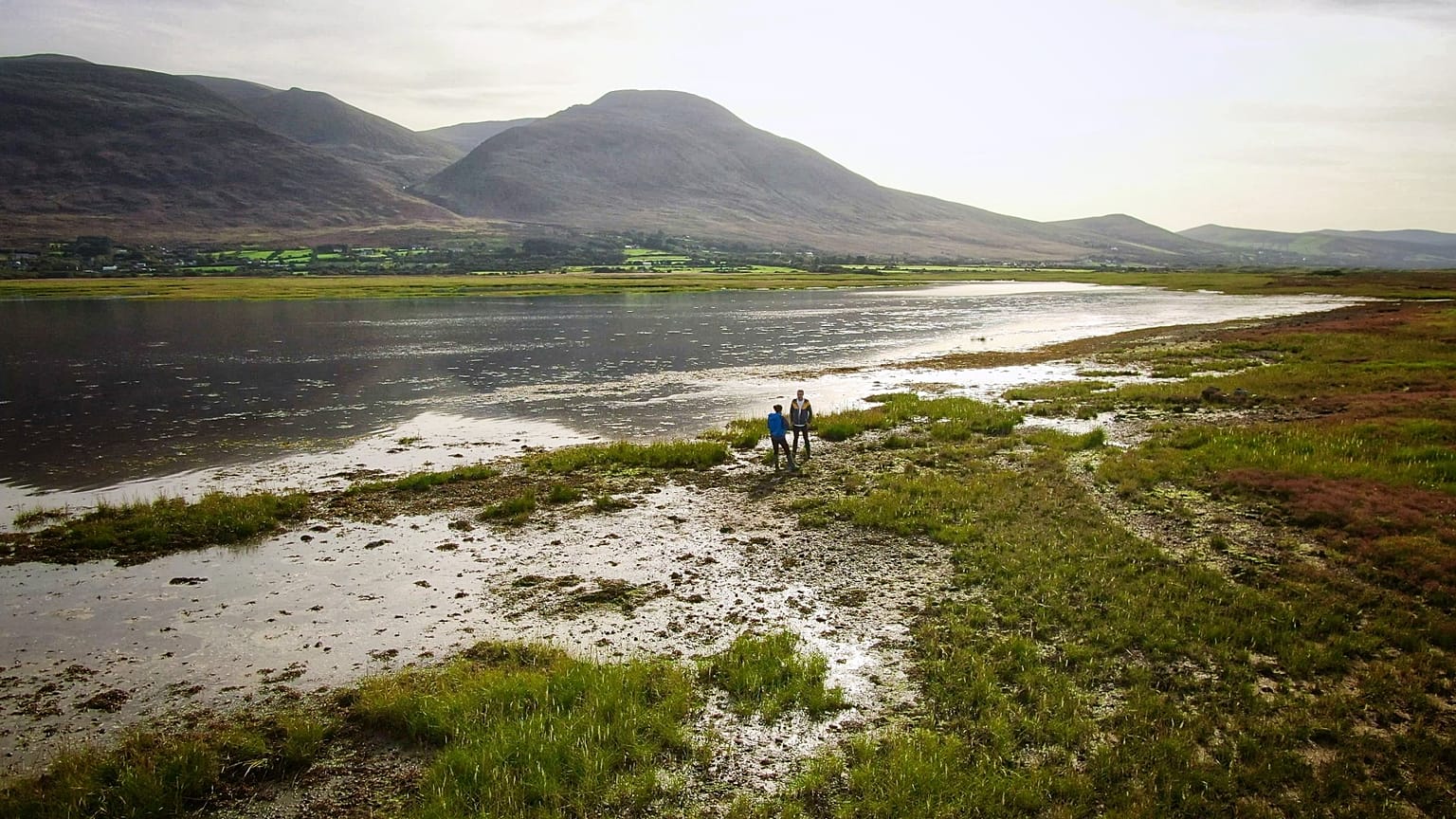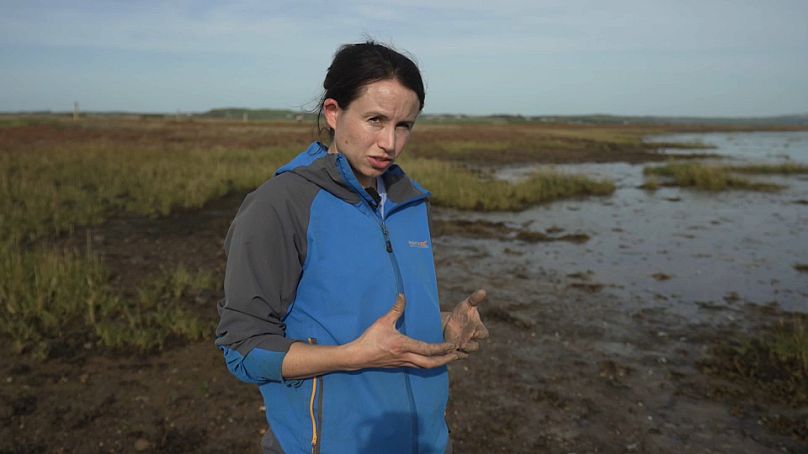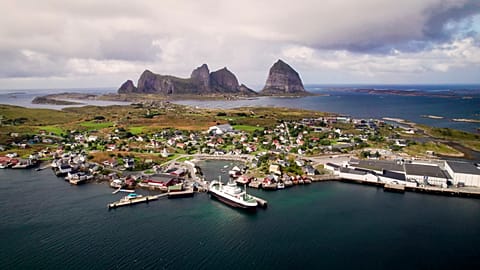Ocean speaks with Dr Grace Cott from the University College Dublin's Blue Carbon group and Andrea Fuchs, an environmental scientist about why coastal wetlands are more effective than tropical forests when it comes to fighting climate change.
Salt marshes could play a significant role in our efforts to mitigate climate change. They're not just scenic sites and wildlife havens; they're also efficient carbon sinks, several times more effective per hectare than tropical forests.
 ADVERTISEMENT
ADVERTISEMENT
 ADVERTISEMENT
ADVERTISEMENT
Moreover, salt marshes can adapt to gradually rising sea levels. As long as they're not hindered by human development, they can move inland, continuing to trap carbon while offering other benefits like habitats for marine life and storm protection.
At Derrymore Island's salt marshes in Ireland, Ocean spoke with Dr Grace Cott, the principal investigator at University College Dublin's Blue Carbon group, to understand what makes salt marshes so effective.
"Salt marshes are really efficient at capturing carbon.
"That comes down to three main processes. We have the plant growth — capturing CO2 from the atmosphere through photosynthesis, and then we have sediments coming in with the tide which can settle out. And this helps further bury that carbon. And then the anoxic sediments where there's very little oxygen that reduces decomposition, which allows that carbon to remain stored for long periods of time.
"This doesn't happen in that many environments. It doesn't happen in some terrestrial environments where the soils are naturally much more aerated — they wouldn't have the same carbon stock as salt marshes."
Another advantage of salt marshes is that they don't emit as much methane — a potent greenhouse gas — compared to freshwater wetlands, as studies at the University College Dublin confirm.
"Normally an ecosystem would also emit more methane to the atmosphere, but because of the salinity in the seawater, the methane production is actually mitigated," said Andrea Fuchs, an Environmental Scientist at UCD.
"So we have less methane emission from coastal wetland plants than we have from freshwater plants."




















